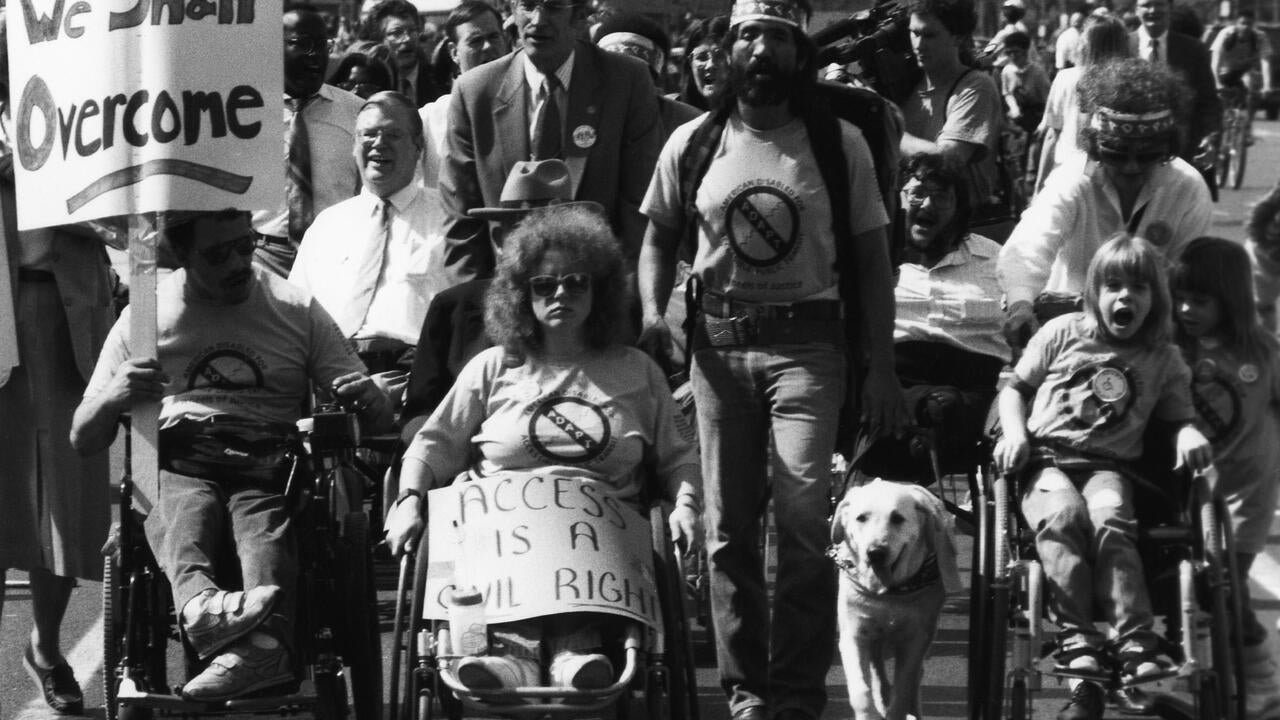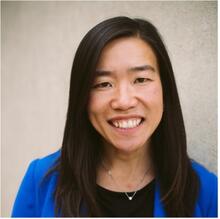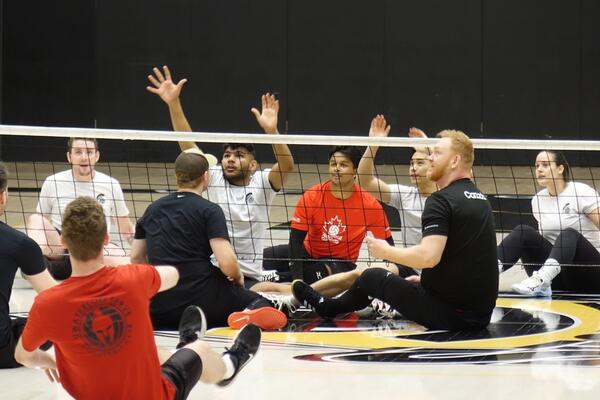
Disability and the Sustainable Development Goals
Inclusion of disabled people needs to be a priority during SDG Week

Inclusion of disabled people needs to be a priority during SDG Week
By Disability Inclusion OfficeThe Sustainable Development Goals (SDGs) were adopted by the United Nations General Assembly in 2015 as part of a strategy to end poverty, protect the planet and ensure that all people enjoy peace and prosperity by 2030. The SDGs cover a range of areas, such as poverty, health, education, gender equality and climate action.
The University of Waterloo is marking SDG Week, March 6 to 10, with a series of events.
 “While Waterloo is celebrating SDG Week and showcasing the excellent research and entrepreneurship rising to the challenge, disability is often forgotten,” says Joyce Barlow, associate director of disability inclusion.
“While Waterloo is celebrating SDG Week and showcasing the excellent research and entrepreneurship rising to the challenge, disability is often forgotten,” says Joyce Barlow, associate director of disability inclusion.
“Inclusion and accessibility for disabled people is a key part of any aspirations for equity. But unfortunately, accessibility is often reduced to a technical checklist that needs to be covered off. To ensure equity, we need to strive for authentic inclusion and belonging.”
The official descriptions of the SDGs specifically note disability 11 times. Some of the SDGs relating to disability are:
No Poverty (Goal 1) – Disabled people are more likely to live in poverty than non-disabled people. They face barriers in accessing education, employment and healthcare, which can be a form of limitation on their economic opportunities.
Good Health and Well-Being (Goal 3) – Disabled people can often face specific barriers to accessing healthcare and may have specific health needs.
Quality Education (Goal 4) – Disabled people can often face barriers to accessing education, including in relation to physical, attitudinal and institutional barriers.
Gender Equality (Goal 5) – Disabled women and girls face a number of additional barriers to achieving gender equality, including discrimination, violence and limited access to education and employment opportunities.
Decent Work and Economic Growth (Goal 8) – Disabled people can sometimes face discrimination in the workplace and may at times have limited access to employment opportunities.
Reduced Inequalities (Goal 10) – Disabled people face discrimination in various forms and may be excluded from social, economic and political life.
Sustainable Cities and Communities (Goal 11) – Disabled people often face barriers to accessing public spaces and transportation, which can limit their participation in community life.
Climate Action (Goal 13) – Disabled people may be disproportionately affected by climate change, including with respect to natural disasters and extreme weather events.
Learn more about the SDGs and disability in the UN flagship report on disability and Sustainable Development Goals.

Read more
Nasif Chowdhury balances athletic career with study in Recreation and Sport Business program

Read more
Recent philosophy PhD graduate breaking new ground in disability studies

Read more
Fast Company spotlights Frances Westley as a bold thinker and radical doer in transformative social innovation
The University of Waterloo acknowledges that much of our work takes place on the traditional territory of the Neutral, Anishinaabeg, and Haudenosaunee peoples. Our main campus is situated on the Haldimand Tract, the land granted to the Six Nations that includes six miles on each side of the Grand River. Our active work toward reconciliation takes place across our campuses through research, learning, teaching, and community building, and is co-ordinated within the Office of Indigenous Relations.